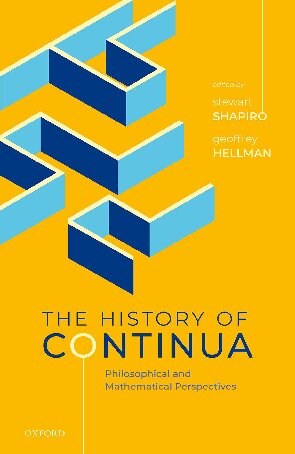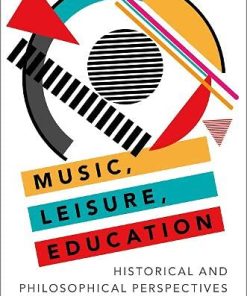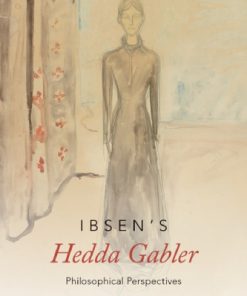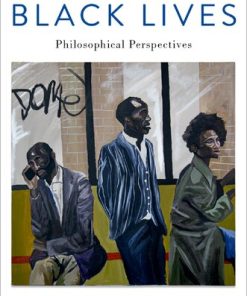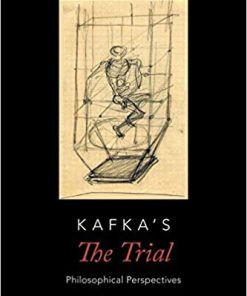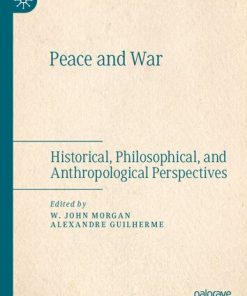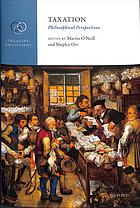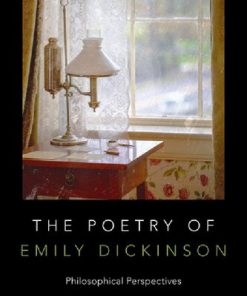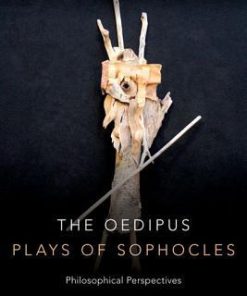The History of Continua: Philosophical and Mathematical Perspectives 1st Edition
$50.00 Original price was: $50.00.$25.00Current price is: $25.00.
The History of Continua: Philosophical and Mathematical Perspectives 1st Edition – Ebook Instant Download/Delivery ISBN(s): 9780192638472, 0192638475
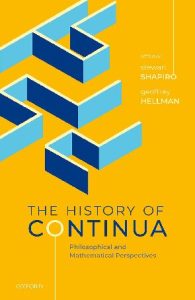
Product details:
- ISBN-10: 0192638475
- ISBN-13: 9780192638472
- Author: Geoffrey Hellman, Stewart Shapiro
Mathematical and philosophical thought about continuity has changed considerably over the ages. Aristotle insisted that continuous substances are not composed of points, and that they can only be divided into parts potentially. There is something viscous about the continuous. It is a unified whole. This is in stark contrast with the prevailing contemporary account, which takes a continuum to be composed of an uncountably infinite set of points. This vlume presents a collective study of key ideas and debates within this history. The opening chapters focus on the ancient world, covering the pre-Socratics, Plato, Aristotle, and Alexander. The treatment of the medieval period focuses on a (relatively) recently discovered manuscript, by Bradwardine, and its relation to medieval views before, during, and after Bradwardine’s time. In the so-called early modern period, mathematicians developed the calculus and, with that, the rise of infinitesimal techniques, thus transforming the notion of continuity.
Table contents:
1. Divisibility or Indivisibility: The Notion of Continuity from the Presocratics to Aristotle
2. Contiguity, Continuity, and Continuous Change Alexander of Aphrodisias on Aristotle
3. Infinity and Continuity: Thomas Bradwardine and His Contemporaries
4. Continuous Extension and Indivisibles in Galileo
5. The Indivisibles of the Continuum: Seventeenth-Century Adventures in Infinitesimal Mathematics
6. The Continuum, the Infinitely Small, and the Law of Continuity in Leibniz
7. Continuity and Intuition in Eighteenth-Century Analysis and in Kant
8. Bolzano on Continuity
9. Cantor and Continuity
10. Dedekind on Continuity
11. What Is a Number? Continua, Magnitudes, Quantities
12. Continuity in Intuitionism
13. The Peircean Continuum
14. Points as Higher-Order Constructs: Whitehead’s Method of Extensive Abstraction
15. The Predicative Conception of the Continuum
16. Point-Free Continuum
17. Intuitionistic/Constructive Accounts of the Continuum Today
18. Contemporary Infinitesimalist Theories of Continua and Their Late Nineteenth- and Early Twentieth-Century Forerunners
People also search:
history of the apostles’ continuation church international
the history of continental philosophy
the history of consciousness
the history of constantine
the history of constantinople
You may also like…
Politics & Philosophy - Government & Politics
Politics & Philosophy - Anthropology
Politics & Philosophy - Anthropology
Peace and War: Historical, Philosophical, and Anthropological Perspectives
Politics & Philosophy
Poetry - American Poetry
The Poetry of Emily Dickinson: Philosophical Perspectives 1st Edition
Politics & Philosophy - Ancient & Medieval Philosophy
The Oedipus Plays of Sophocles: Philosophical Perspectives 1st edition Paul Woodruff


